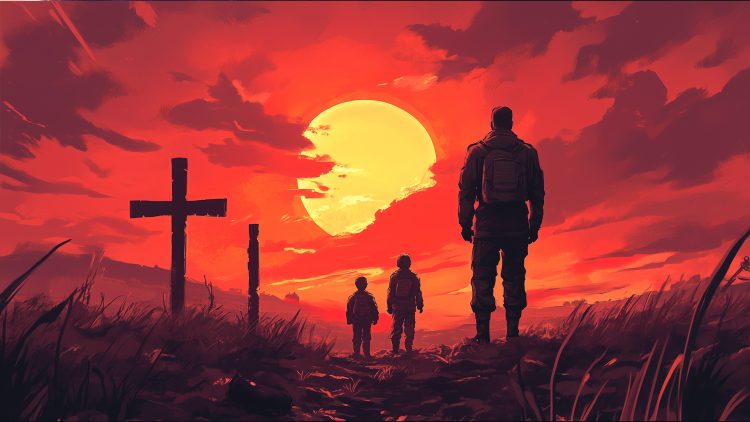In this episode of the Fully-Booked podcast, we delve into the pervasive phenomenon of World War II alternate history books. As we near the end of our month-long exploration of alternate history literature, we couldn’t help but notice the sheer volume of stories that focus on this pivotal global conflict.
From imagining a world where the Nazis emerged victorious to speculating about the consequences of key events playing out differently, World War II has proven to be an inexhaustible source of inspiration for writers and readers alike.
Note
The following is an editorialized transcript of our weekly literary podcast. If you would like to listen to the podcast, click the play button above orlisten on your favorite platform with the links below.
The Magnitude and Impact of World War II
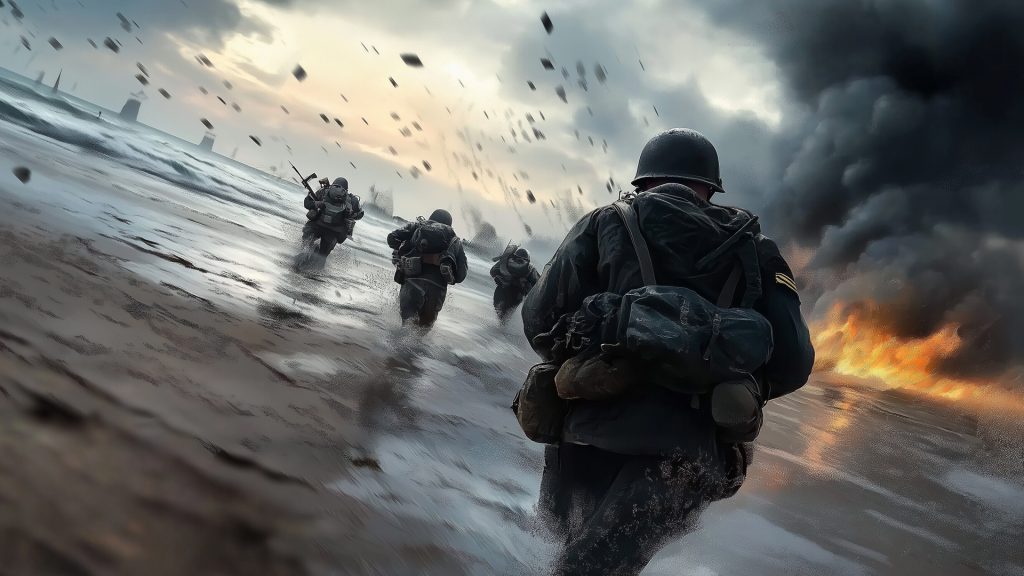
To understand the enduring appeal of World War II alternate histories, we must first consider the scale and significance of the conflict itself. Unlike World War I, which was largely concentrated in Europe, World War II was a truly global war, involving nations from multiple continents and reshaping the geopolitical landscape for generations to come. The staggering loss of life, the atrocities committed, and the technological advancements made during this time have left an indelible mark on human history.
Moreover, World War II is often viewed through a lens of moral clarity, with the Allied powers cast as the “good guys” fighting against the evil of fascism and totalitarianism. While this narrative oversimplifies the complexities of the conflict, it has contributed to the war’s status as a defining moment in the struggle between good and evil, making it ripe for exploration in alternate history fiction.
The Lure of the “What If?” Scenario

At the heart of the fascination with World War II alternate histories is the tantalizing question of “what if?” What if the Nazis had developed the atomic bomb first? What if the United States had never entered the war? What if key battles or turning points had gone differently? These questions allow us to imagine radically different versions of the world we know, often with dystopian or nightmarish consequences.
RelatedWhat If: The 9 Best Riveting WW2 Alternate History Books
The most common “what if?” scenario in World War II alternate history is the idea of an Axis victory. Stories that imagine a world where Germany and Japan emerged triumphant often paint a bleak picture of global oppression, technological regression, and the loss of fundamental freedoms. These dystopian visions serve as a reminder of the high stakes of the conflict and the importance of the Allied victory, even as they indulge our morbid curiosity about roads not taken. Think of the cultural impact of novels like The Man in the High Castle as the perfect example of this idea being put on paper.
The Legacy of Trauma and the Generational Impact
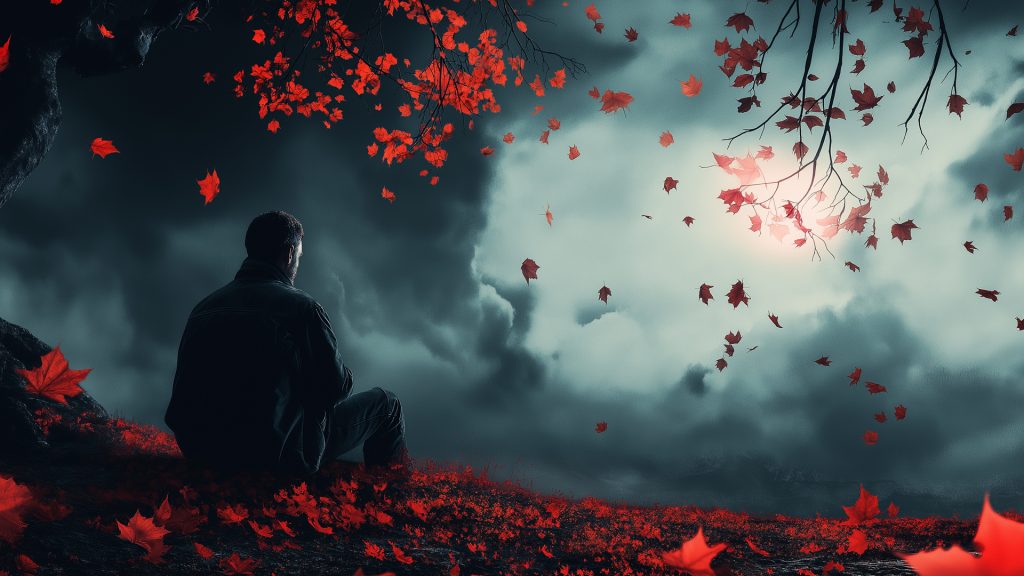
Another factor contributing to the prevalence of World War II alternate histories is the war’s profound and lasting impact on multiple generations. For those who lived through the conflict, the trauma of the experience has often been passed down to their children and grandchildren, shaping attitudes, beliefs, and behaviors in subtle but significant ways. The Baby Boomer generation, in particular, grew up in the shadow of the war, their parents’ experiences influencing everything from their work ethic to their worldview.
As we move further away from the war, newer generations of writers and readers may feel a sense of distance that allows for more creative speculation about alternative outcomes. At the same time, the legacy of the war continues to resonate, with echoes of its impact felt in contemporary politics, culture, and society. By exploring alternate histories, we grapple with the weight of this legacy and how the past continues to shape our present and future.
RelatedThe Forgotten Book That Invented Alternate History In America
The Risks and Rewards of Alternate History
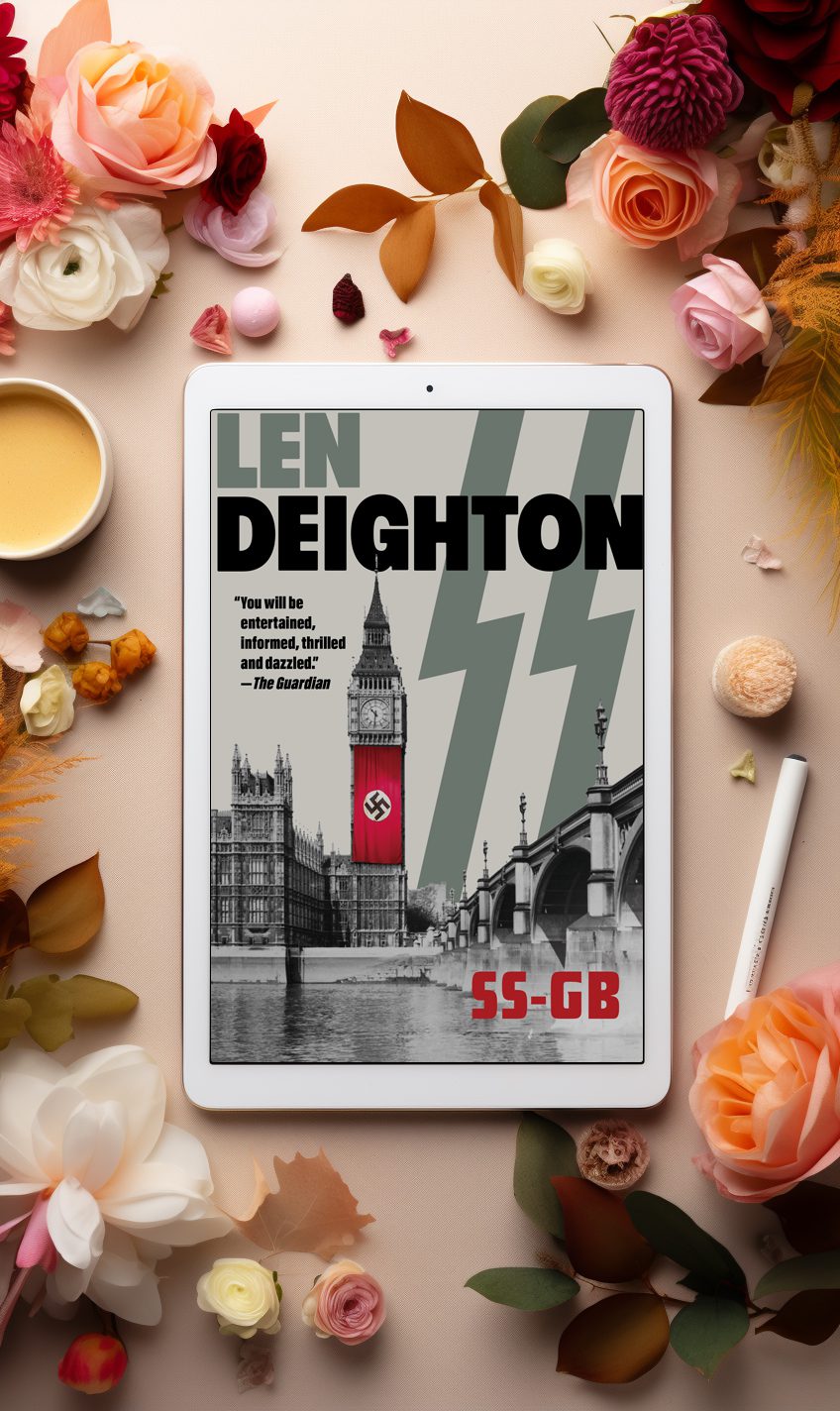
While alternate history fiction can be a fascinating and thought-provoking exercise, it is not without its risks and limitations. One of the dangers of speculating about alternative outcomes is the potential for historical revisionism or the minimization of real-world suffering. Writers and readers must approach these stories with sensitivity and a clear understanding of the events and experiences they draw upon.
At their best, however, World War II alternate histories can offer valuable insights into the contingencies of history and the fragility of the world we take for granted. By imagining different paths and outcomes, we are forced to confront the complex web of factors that shape our reality and how small changes can have far-reaching consequences. These stories can also serve as cautionary tales, reminding us of the dangers of unchecked power, prejudice, and authoritarianism.
Enjoying this article?
Subscribe to our weekly newsletterIn Closing
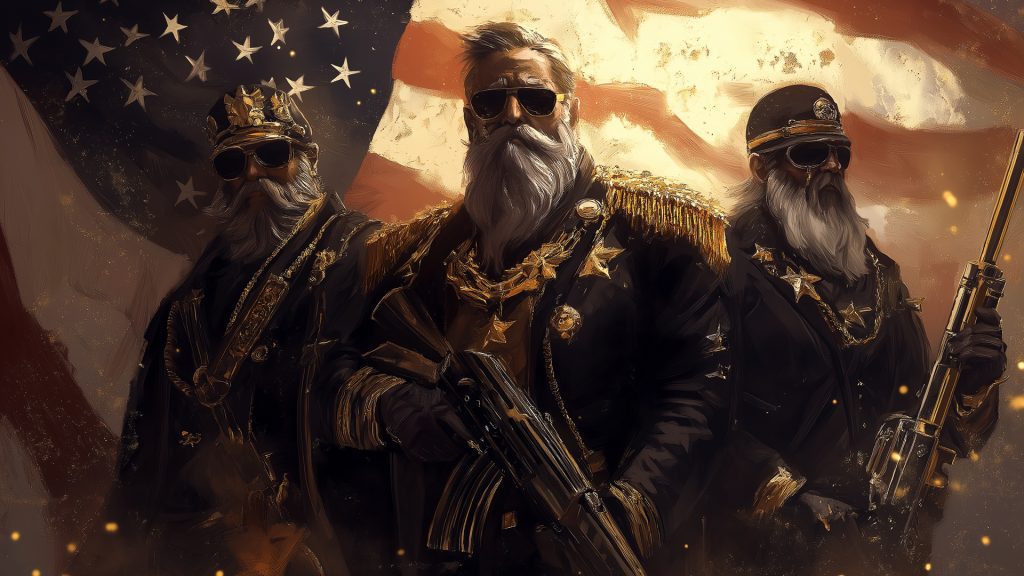
The enduring fascination with World War II alternate history speaks to the conflict’s status as a defining moment in human history and its profound impact on multiple generations. By asking “what if?” and imagining alternative outcomes, writers and readers grapple with the war’s legacy, the contingencies of history, and the fragility of the world we know.
While these stories can be dark, disturbing, and emotionally challenging, they also offer valuable insights and perspectives on one of the most significant events of the 20th century. As we move further away from the war in time, it will be interesting to see how newer generations of writers and readers approach this subject and what new questions and possibilities they explore.
RelatedExploring Alternate History: When Small Changes Create Completely Different Worlds
Ultimately, the prevalence of World War II alternate histories reminds us of the enduring power of storytelling to help us make sense of the past, confront the present, and imagine the future. By engaging with these stories, we not only pay tribute to the sacrifices and experiences of those who lived through the war but also challenge ourselves to think more deeply about the forces that shape our world and the choices we make as individuals and societies.

